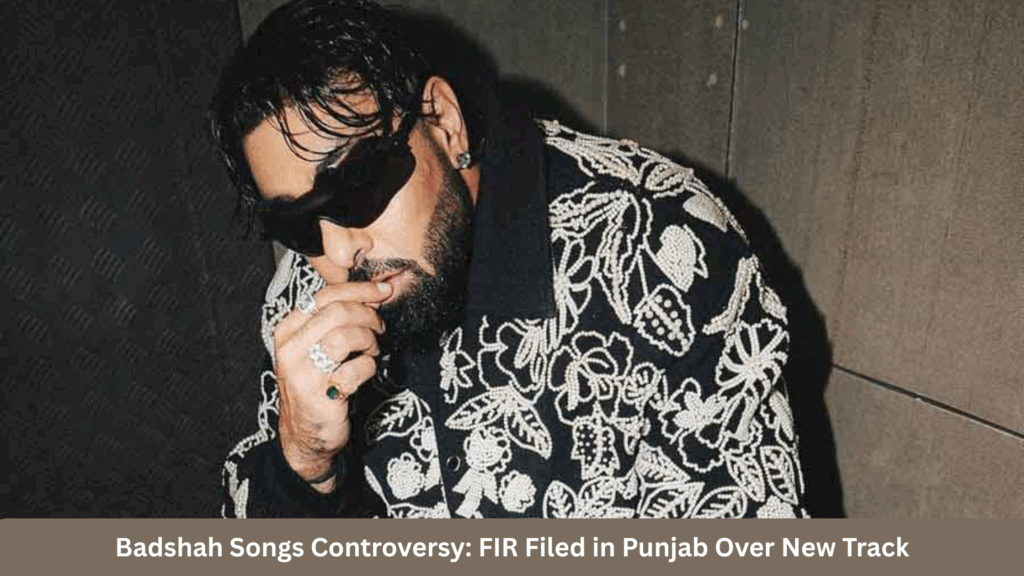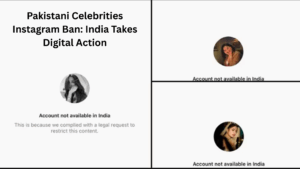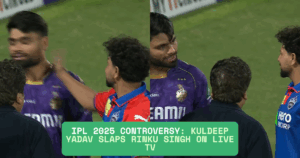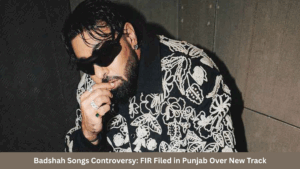
The rap sensation Badshah who gave hit songs along with exciting musical arrangements, faces controversy once more but for unfortunate reasons. The Gurdaspur district police force in Punjab generated a police complaint against the rapper after his new music release “Velvet Flow” caused offenses to Christian religious sentiments.
The controversy surrounding “Velvet Flow” parallelled previous issues with his Sanak song which faced legal consequences due to religious insensitivity concerns. Artistic freedom and cultural sensitivity face increasing scrutiny because several controversies in a short timeframe push society to define artistic parameters.
Badshah Songs Controversy : Velvet Flow & Sanak
The new song from Badshah named “Velvet Flow” gained immediate recognition because of its musical intricacies along with lyrics that sparked widespread debate. Members of the Christian community feel that the references to “church” and “Bible” in the song display offensive and disrespectful behavior.
The lawsuit originated from Emanual Masih as he argued that the track applied spiritual Christian elements in a mundane business format. A complaint was submitted as an FIR under sections of Bharatiya Nyaya Sanhita to Qila Lal Singh police station in Batala, Punjab.
The protest against the song has included Christian leaders from the area who are calling for full platform removal of the song and a public apology from the artist. Badshah has not provided any official statements about the matter as of current time.
Badshah already faced criticism for his lyrics during previous occasions. The Hindu community together with Sanatan Dharma followers targeted Badshah with fierce opposition in 2023 when “Sanak” released because they perceived religious icons and beliefs as objects of insult.
The music video for the song “Sanak” was criticized by Hindu worshippers because they interpreted its lyrics and imagery as offensive toward deity Lord Shiva. Many religious organizations together with public leaders criticized the portrayals as blasphemous and pursued immediate corrective measures. Under intense public scrutiny Badshah apologized while assenting to delete the objectionable elements from his sanctioned video production. Badshah declared his goal was never meant to injure religious ceremonies and declared his respect for all religious traditions.
Critics argue that apologies emerge only after damage occurs while artists need to show higher sensitivity during creative work that handles religious or cultural subjects.
Freedom of Expression vs. Religious Sensitivity
Two consecutive controversies about artistic expression have revived the public discussion regarding permissible artistic freedom within India’s religious and socially diverse framework. Throughout human history artistry together with music has maintained its ability to transform conventional thinking patterns while generating robust responses from its audience. Artistic expression in this country with multiple religious traditions along with diverse population needs to be regulated by cultural sensitivity standards.
Some claim artists need absolute freedom of expression yet others maintain great artistic influence requires artists to accept additional duties. Song artists who spread their music to numerous listeners maintain the power to create social perceptions but also expose themselves to potential deep-seated religious offense.
Indian legal professionals explain that freedom of expression exists through Article 19(1)(a) in the Constitution although the right does not extend without limitations. Under Article 19(2) of the Indian Constitution reasonable regulations exist for public safety and protection of religious sentiments. The ambiguous nature of the law creates difficult problems for cases like Badshah’s which depend on specific contextual factors.
Public and Industry Reaction on Badshah Songs Controversy
The music industry consists of limited statements about the issue at hand even though the public maintains conflicting opinions. Supporters of Badshah claim that his words are misrepresented because rap uses complex symbolic expressions. Religious groups maintain that artistical boundaries need to stay intact regardless of artistic methodology.
A small number of artists have used their platforms to request enhanced review procedures in order to prevent these types of problems from recurring again. The proposal has emerged to integrate religious experts or cultural specialists who would review materials about touchy subjects before release.
Conclusion
The public disputes about Badshah’s musical releases “Velvet Flow” and “Sanak demonstrate widespread problems with maintaining artistic discretion while fulfilling social duties within present-day interconnected multicultural societies. Artists need space for creative freedom but they should recognize possible side effects their expressions can generate.
The ongoing Punjab proceedings regarding this case stand to establish new standards for public dialogue between freedom of expression and cultural and spiritual accountability within Indian music and media. The public message establishes that sensitivity remains vital even as Badshah decides between correcting his work or presenting an apology or defending his creative decisions.







